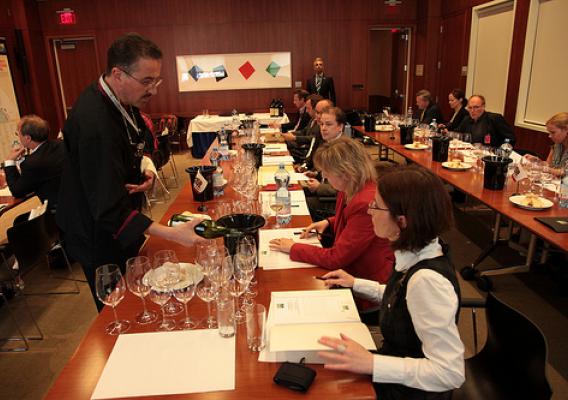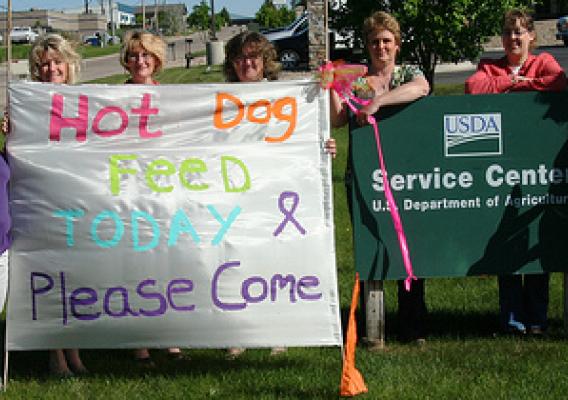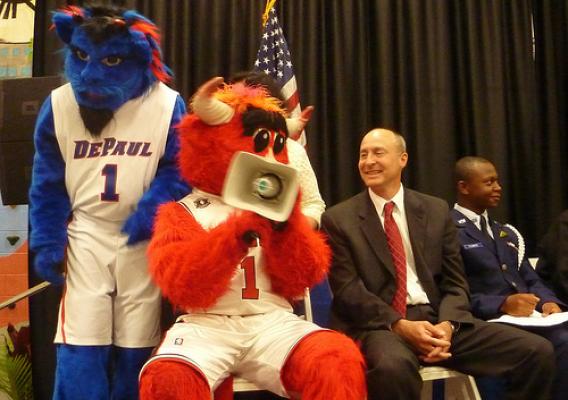On Friday afternoon, I sat down with business leaders from York County, Pennsylvania to get their input on how the Federal government can work with them to improve economic conditions and create jobs. Among the participants were members of the York Area Chamber of Commerce, as well as representatives from marketing, computer technology, and renewable energy manufacturing industries.
The session, the most recent in an ongoing series of White House Business Council meetings, was hosted by Alan Shortall, CEO of Unilife Corporation, a manufacturer and supplier of advanced safety medical syringes. Have you heard people talk about companies moving off-shore to China? Well, Alan told the reverse tale, as he kicked off our meeting. His company moved their manufacturing operation from China to the United States because of our high-end engineering expertise, which Alan argued, is an unmatched core competency of the United States. Since it set up shop in Pennsylvania in 2006, Unilife has employed 200 people and this number is expected to double by 2015. Not only are these good jobs and critical to the economy of York, but Alan said he will be spending at least $40 million on US purchases of equipment in the next year. Now, that’s stimulus!







